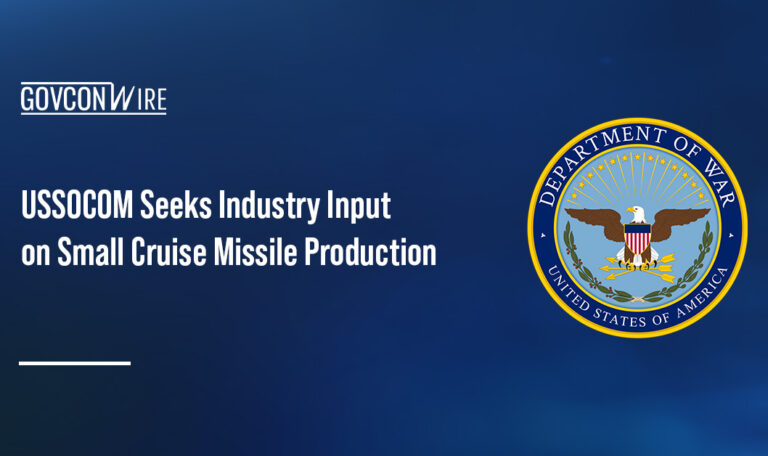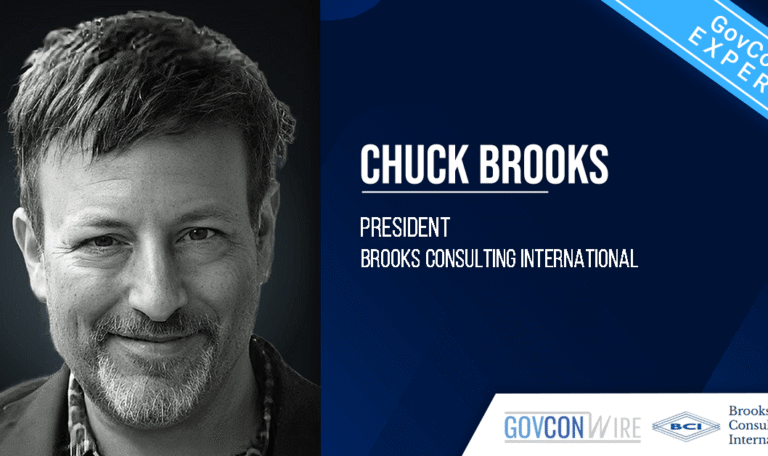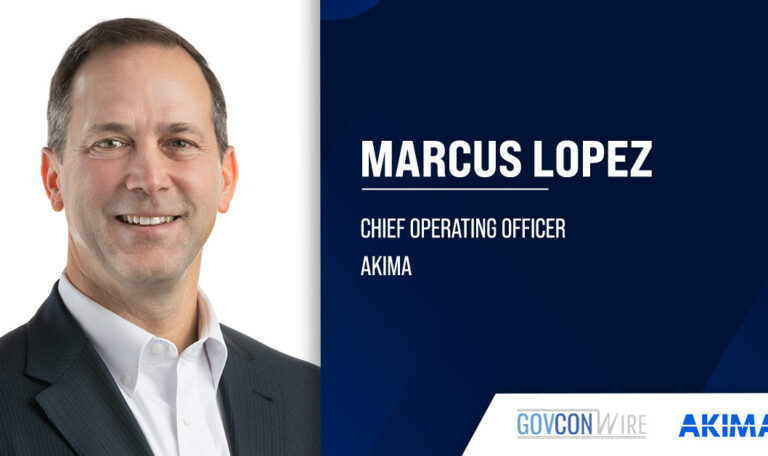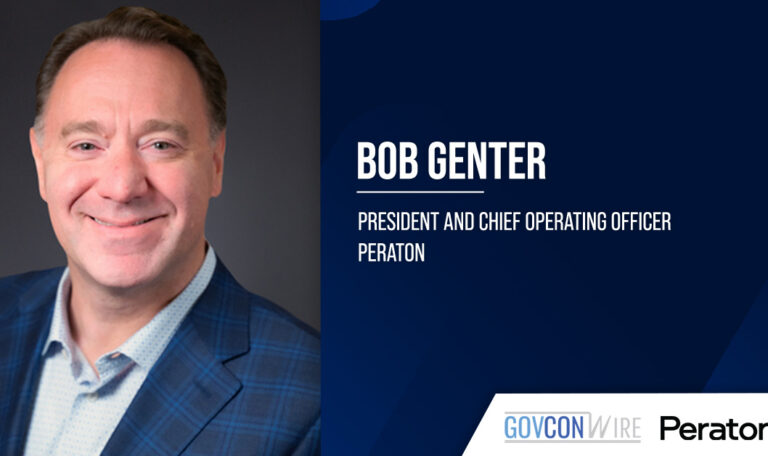5G is transforming communications around the world. But is the U.S. keeping up with adversaries in this critical technology area? Are we adopting 5G in the battlespace quickly enough to outpace threats? What’s next for 5G? We sat down with General Rob Spalding to find out.

Hear Gen. Spalding speak at the Potomac Officers Club’s upcoming 2024 Navy Summit on Aug. 15! He will be participating in a panel discussion titled “5G in Navy Mission Sets: Challenges and Opportunities.” Join this event to meet, learn from and network with Gen. Spalding and Navy decision makers.
Gen. Spalding serves as the CEO of SEMPRE and a senior fellow at the Hudson Institute, and he’s the former senior director for strategic planning for the White House’s National Security Council. In a new video interview with Executive Mosaic, Spalding explained how recent 5G developments have changed the game for communications both on and off the battlefield.
“The way that you can think about 5G is it’s really the first software defined commercial cellular network that has been truly, truly software defined,” Spalding told Executive Mosaic’s Summer Myatt. “It’s got software defined networking, it’s got software defined radio, it’s got virtual network functions — everything is done in software, and it can be done for the most part on commercial-off-the-shelf compute technology, so now that allows you to do some very interesting things.”
Today, 5G is unlocking new capabilities for the U.S. Navy. One use case Spalding highlighted is that with 5G, warfighters can make morale calls and have private, government-specific communications on the same network without compromising security. 5G advancements are also facilitating better connectivity between sensors and enhancing network bandwidth, paving the way for technologies like artificial intelligence to be used on the network.
But for Spalding, the most exciting development is “the ability to bring all of these legacy communication systems in and integrate them together.”
“So now, rather than having a bunch of radio systems that don’t talk to each other, you bring them into the compute environment, you bridge them together, and now somebody can use a smartphone to talk to a radio, to talk to an aircraft, to talk to a ship,” Spalding explained.
Watch the full video interview or register to attend the 2024 Navy Summit on Aug. 15 to unlock more insights from Gen. Rob Spalding.















